ISLAMABAD: The Indus Hospital and Health Network (IHHN) has launched an initiative to create a dialogue about the need for a meaningful change to improve tobacco control measures in Pakistan.
The initiative, Voices Against Tobacco (VAT), will engage Pakistan’s youth to promote a positive cultural change amongst their peers and communities by empowering them to take ownership of their health and future.
According to a statement, in collaboration with the Campaign for Tobacco Free Kids, VAT will invest in schoolchildren by conducting capacity-building exercises in tobacco control. Trainings are being carried out at the Islamabad/Rawalpindi campuses of the educational institute. Teachers are participating in an integrated workshop on all aspects of the VAT campaign and the student training module.
They are then training their students on tobacco hazards, control measures and leadership skills, enabling them to become advocacy champions in their communities.
Tobacco control advocacy is combated by intense lobbying by the tobacco industry. A de facto advocacy coalition must include the medical community, civil society organisations, youth groups, academic institutions, public health professionals and policy makers.
“VAT is a direct response to the need for a tobacco control coalition in Pakistan,” said Dr Saima Saeed, pulmonologist and director of the IHHN lung health programme.
“The objective of this is simple - to provide a common platform for tobacco advocates to amalgamate and support initiatives against tobacco use.”
According to a global youth tobacco survey, about 1,200 children in Pakistan between the age of six and 15 years start smoking every day. Tobacco use can cause severe health issues, from nicotine addiction to impaired lung growth and function, heart diseases and cancer. These health concerns can follow young people for the rest of their lives.
Tobacco products are cheap, easily available and sometimes thought to be ‘cool,’ making them both accessible and desirable for young people.
According to the World Health Organisation (WHO), a 10pc increase in prices would reduce the tobacco use in teenagers by 18.3pc. Because the youth are more sensitive to the cost of goods, making tobacco products less affordable is likely to impact their consumption directly.
“As a signatory to the WHO Framework Convention on Tobacco Control, Pakistan has a mandate to raise prices through increased taxation. Yet there has been little change in the complex tobacco tax structure in recent years,” said Malik Imran, the country representative for Campaign for Tobacco-Free Kids.
Published in Dawn, September 10th, 2021


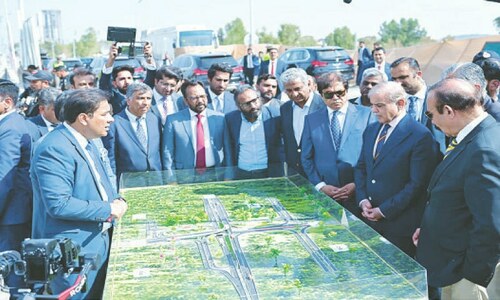















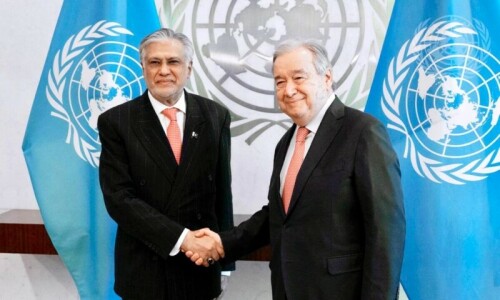




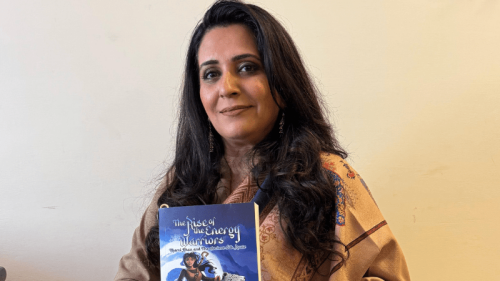
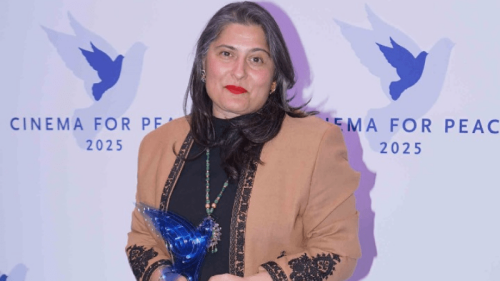
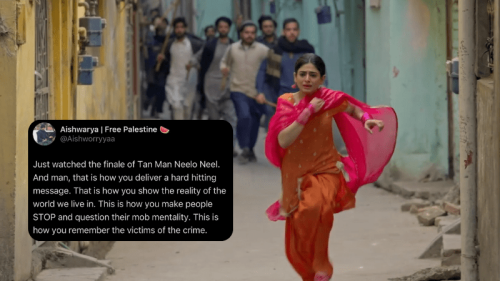






















Dear visitor, the comments section is undergoing an overhaul and will return soon.